
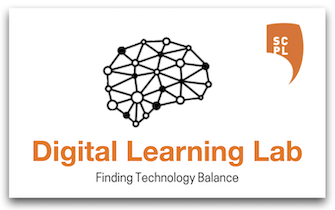
Motivated actors use digital media to influence our thinking and behavior. We can counterbalance such influences by slowing down, thinking critically, seeking additional perspectives and verifying sources. The greatest challenge may be understanding how our personal values, beliefs and cognitive biases interact with the media we encounter.
The action steps below are just a starting point. We are actively improving this resource, so please share suggestions using our Survey.
|
Topic |
Tutorial |
|
|
Unlock the full potential of search engines and effectively locate the results you seek |
||
|
Deploy useful strategies when researching nuanced and complex topics |
||
|
Locate the original source of images that are shared on social media |
||
|
Strategically search for words or phrases inside larger texts |
||
|
Follow topics and people by receiving email alert when new information arises |
||
|
Leverage this technology to gain hands-free access to text-based articles |
||
The potential for learning about media literacy is endless. The challenge is knowing when you know enough, for now. Check out the following resources when you're ready to keep going:
|
Library Books |
|
|
|
Influence, new and expanded : the psychology of persuasion (digital audio) By Robert B.Cialdini Explains the psychology of why people say yes and how to apply these insights ethically and defend yourself against unethical influence attempts. |
|
|
By Daniel Kahneman Explore the many real world examples of human biases. It presents a fascinating perspective of two systems of thinking. The first being fast, intuitive and emotional. The second being slower, deliberative and rational. |
|
|
By Adam Grant Enjoy the thrill of not believing everything you think. Learn how we can get better at embracing the unknown and the joy of being wrong. |
|
Websites |
|
|
|
There are many negative or irrational patterns of thinking that are all too common in news narratives today. We can avoid such biases if we can recognize them in ourselves and others. |
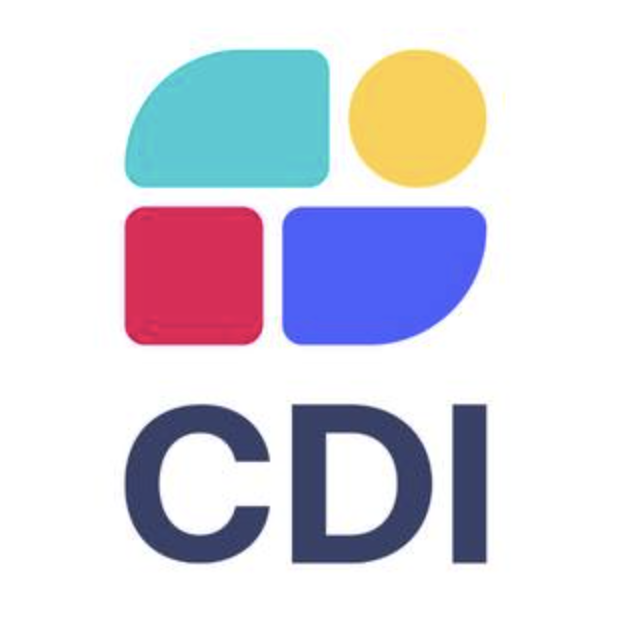 |
Constructive Dialog Institute (resources) Formerly OpenMind.org, this platform is collecting the tools and knowledge we need to effectively conduct coordinated problem solving. |
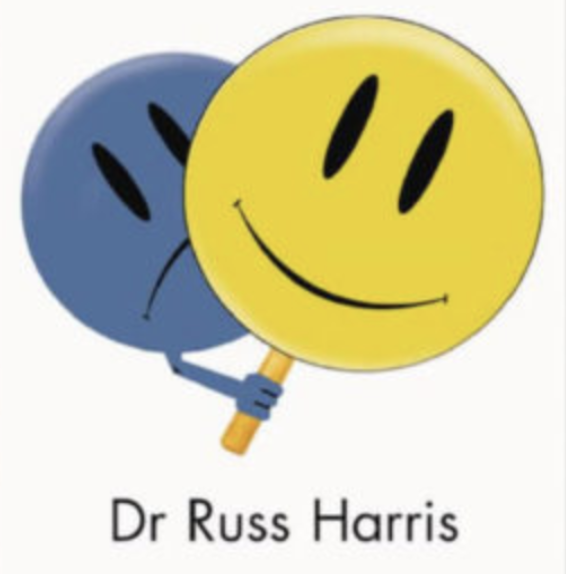 |
Values affect the way you see and treat the world around you. Knowing which values you consider most important helps us understand why we are more susceptible to certain biases and attracted to certain viewpoints. |
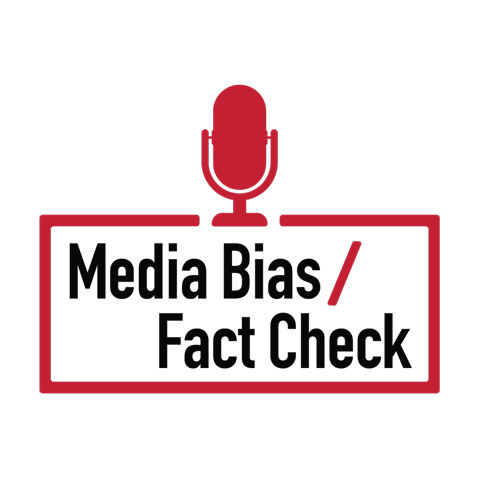 |
How do we know the biases that our news sources may be prone to holding? To start, we can identify the primary sources of our media diet and determine what their reputation for bias may be. |
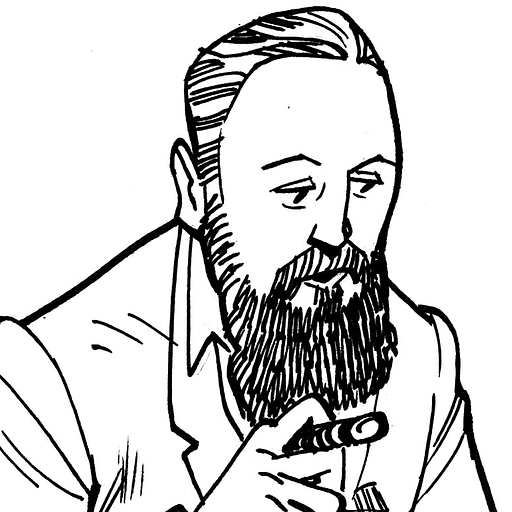 |
Unpacking the characteristics of the many contemporary “memetic tribes” that exist in our fragmented information landscape helps us to understand how the world we may see may be quite different from the world our neighbor is seeing. |
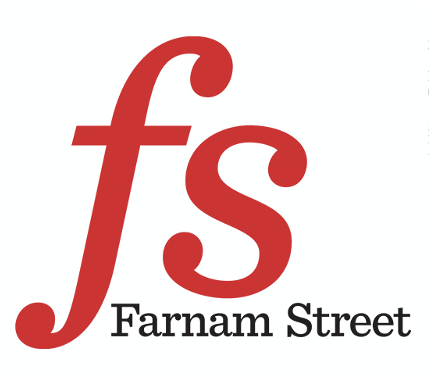 |
A mental model is a representation of how something works. Knowing the many models we use can help us understand how we reason and why we consider some things more relevant than others. |
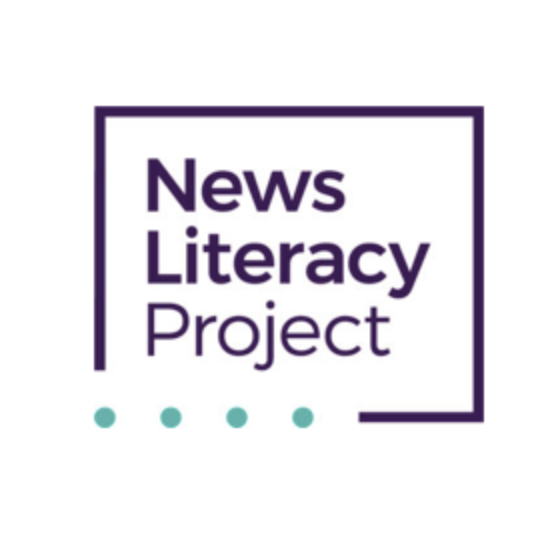 |
This nonprofit takes a nonpartisan approach to building information literacy. They produce newsletters, workshops, and tools including these useful info-graphics: |

Motivated actors use digital media to influence our thinking and behavior. We can counterbalance such influences by slowing down, thinking critically, seeking additional perspectives and verifying sources. The greatest challenge may be understanding how our personal values, beliefs and cognitive biases interact with the media we encounter.
The action steps below are just a starting point. We are actively improving this resource, so please share suggestions using our Survey.
|
Topic |
Tutorial |
|
|
Unlock the full potential of search engines and effectively locate the results you seek |
||
|
Deploy useful strategies when researching nuanced and complex topics |
||
|
Locate the original source of images that are shared on social media |
||
|
Strategically search for words or phrases inside larger texts |
||
|
Follow topics and people by receiving email alert when new information arises |
||
|
Leverage this technology to gain hands-free access to text-based articles |
||
The potential for learning about media literacy is endless. The challenge is knowing when you know enough, for now. Check out the following resources when you're ready to keep going:
|
Library Books |
|
|
|
Influence, new and expanded : the psychology of persuasion (digital audio) By Robert B.Cialdini Explains the psychology of why people say yes and how to apply these insights ethically and defend yourself against unethical influence attempts. |
|
|
By Daniel Kahneman Explore the many real world examples of human biases. It presents a fascinating perspective of two systems of thinking. The first being fast, intuitive and emotional. The second being slower, deliberative and rational. |
|
|
By Adam Grant Enjoy the thrill of not believing everything you think. Learn how we can get better at embracing the unknown and the joy of being wrong. |
|
Websites |
|
|
|
There are many negative or irrational patterns of thinking that are all too common in news narratives today. We can avoid such biases if we can recognize them in ourselves and others. |
 |
Constructive Dialog Institute (resources) Formerly OpenMind.org, this platform is collecting the tools and knowledge we need to effectively conduct coordinated problem solving. |
 |
Values affect the way you see and treat the world around you. Knowing which values you consider most important helps us understand why we are more susceptible to certain biases and attracted to certain viewpoints. |
 |
How do we know the biases that our news sources may be prone to holding? To start, we can identify the primary sources of our media diet and determine what their reputation for bias may be. |
 |
Unpacking the characteristics of the many contemporary “memetic tribes” that exist in our fragmented information landscape helps us to understand how the world we may see may be quite different from the world our neighbor is seeing. |
 |
A mental model is a representation of how something works. Knowing the many models we use can help us understand how we reason and why we consider some things more relevant than others. |
 |
This nonprofit takes a nonpartisan approach to building information literacy. They produce newsletters, workshops, and tools including these useful info-graphics: |